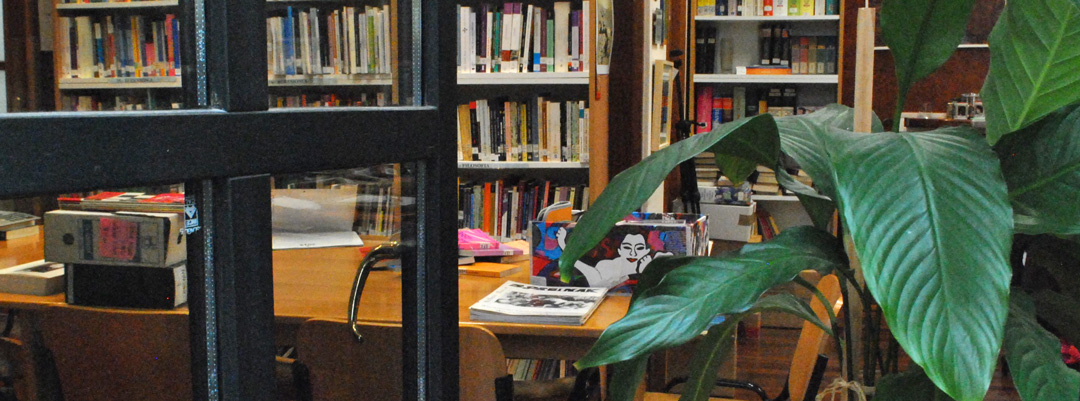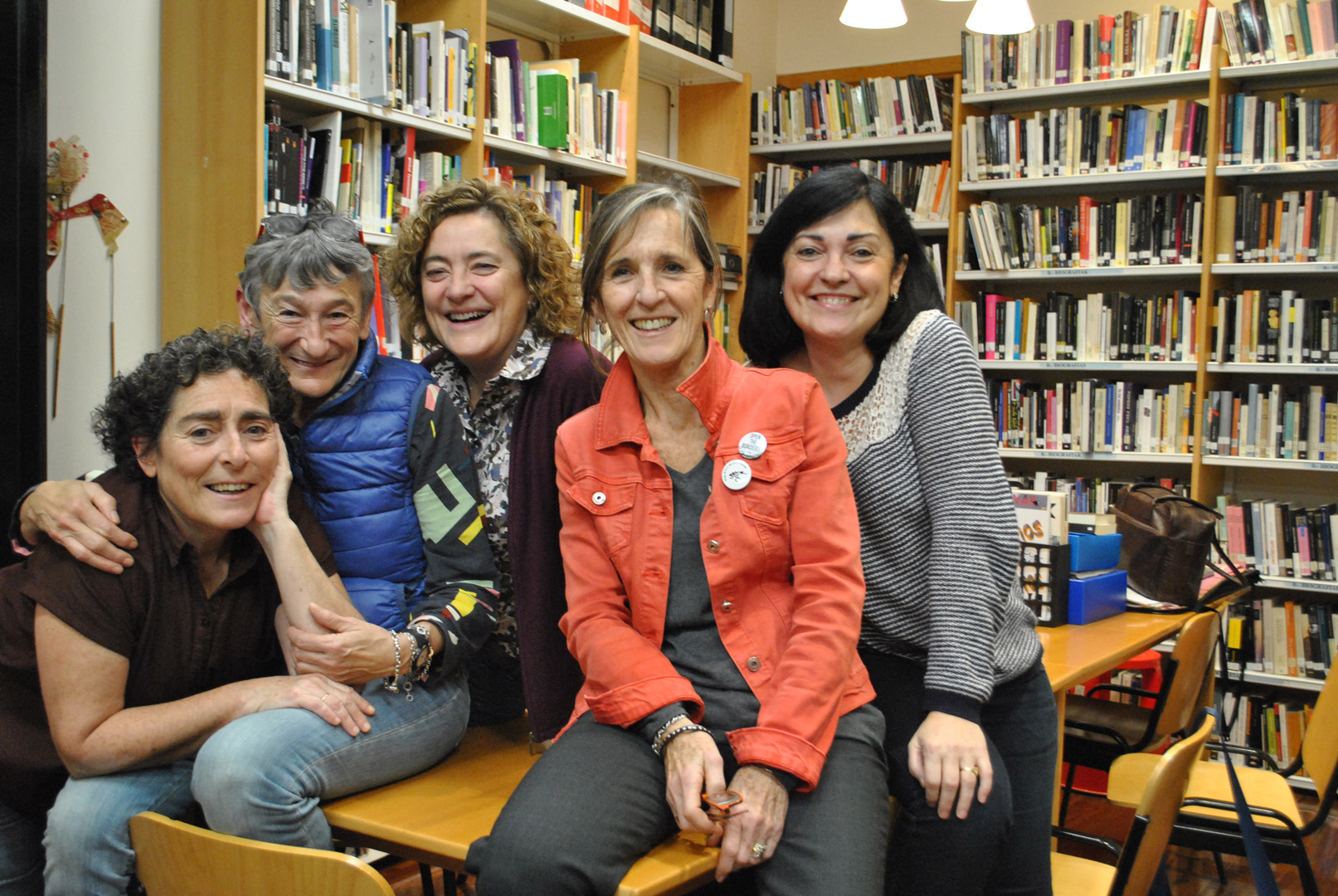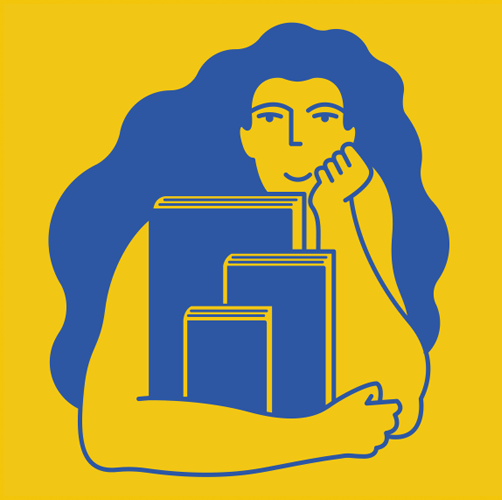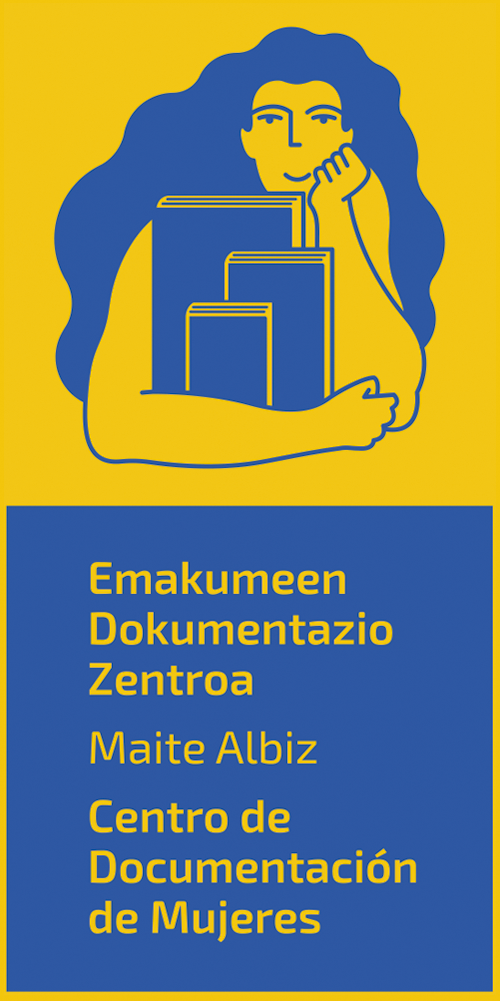
About us
Women’s Information Centre ‘Maite Albiz’
The Women’s Information Centre ‘Maite Albiz’/Emakumeen Dokumentazio Zentrua was founded in a small kitchen with coloured tiles and a broken stove back in 1982, with the aim of giving voice to so many women who have shown tenacity in their factories and companies, forgotten artists, silenced philosophers, ignored researchers and thinkers, activists, leaders, politicians, unionists, women who hug trees to protect their land, those who defend the right to love whoever they wish, those who want or do not want to be mothers, those who leave their land in search of a more equitable life, those who are in full possession of their lives.
Over the years, feminism has been our guide, as much as the need to establish women’s networks. The recovery of our memory, the history that we have contributed to construct and the essential struggle for equality all give meaning to this and other women’s information centres and libraries throughout the world.
The Women’s Information Centre ‘Maite Albiz’ started out as an initiative of a working group of the Biscay Women’s Assembly, concerned with archiving and documenting the ideas and activities of the feminist movement in the Basque Country. At present, this initiative has the support of 600 members and receives material assistance from Bilbao City Council, Emakunde and the Biscay Provincial Council.
Over time, through personal donations and acquisitions, we have created a library containing more than 7000 monographs and a large selection of journals specialising in feminist topics and gender studies, in addition to a video archive with 300 films and documentaries. To this must be added an archival collection of over 3000 documents and 1800 posters relating to the activism of the Basque feminist movement over the past 40 years.
During its now protracted history, the Women’s Information Centre ‘Maite Albiz’ has attempted to hold true to its purpose of disseminating cultural manifestations that incorporate a non-sexist worldview and of encouraging women to create or join associations. To this end, we have organised many different activities: regular debate seminars, which we have called ‘feminars’, book presentations, editing the texts of the Women’s Assembly and publishing books in collaboration with other organisations, basic gender-related bibliographies and so on and so forth. The information centre is currently central to affirming the presence of women in Biscay’s social and cultural spheres.

